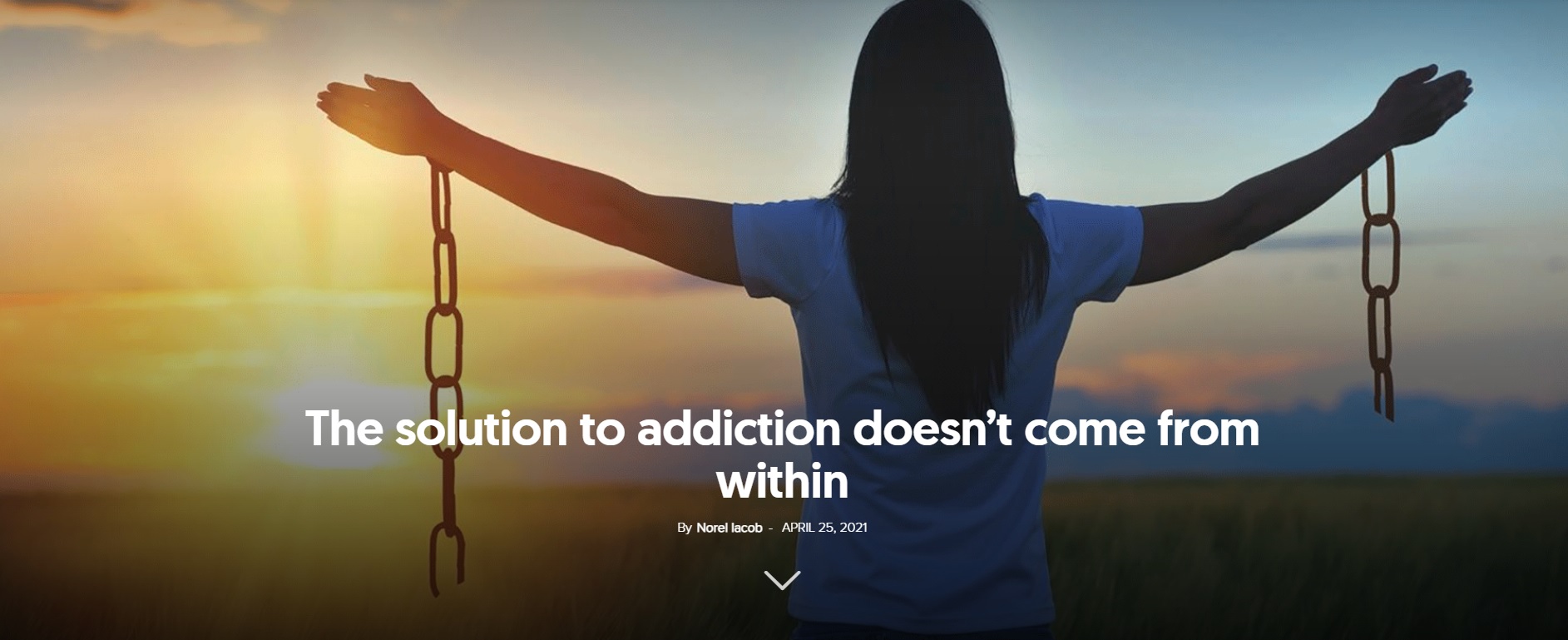“Man is born free but everywhere is in chains.” (Jean-Jacques Rousseau)
“Addict”—a word we wish we didn’t have to use in conversations about ourselves or those close to us. Yet today, addiction is one of the most complex and pervasive problems faced not only by society but also by the Church, a problem that transcends cultures.[1][2]
Millions of people around the world abuse narcotic and psychotropic substances, which are considered high-risk drugs.[3] Polydrug use is common, and individual patterns of use range from experimental to regular to addictive. The extent of stimulant abuse and the most commonly used types of stimulants vary from country to country, but there is increasing evidence of a possible increase in the use of intravenous stimulants.
Frontline connection gaps
The Church is worried about “its sons and daughters, young people of promise who, through these substances, become alienated from the family, from values, from society, and from the Church, destroying themselves” (Patriarchal Vicar Ciprian Câmpineanul).
Drug addiction is a problem faced by all churches to a greater extent than one might expect. In November 2019, LifeWay Research, a polling company, published a study asking 1,000 Protestant pastors how their churches were preparing to respond to opioid addiction in some of their congregants. “More than two-thirds of even the smallest churches have connections to people affected by opioid abuse,” and half of pastors have encountered this problem in the congregations they lead.
Worryingly, pastors don’t know exactly what to do when dealing with an addict. This is despite the fact that churches are at the forefront of non-profit organisations actively involved in the recovery of drug addicts.
Yet there’s room for more, because some pastors fail to understand addicts’ inner struggles and don’t have a concrete plan of action to help those in need, believes Robby Gallaty, pastor of Long Hollow Baptist Church in Hendersonville, Tennessee, and author of Recovered,[4] a book that describes how he overcame addiction and found a life of ministry in the church.
Various churches are becoming increasingly aware of the need to respond to the problem of substance abuse. David Dunham, pastor, author, and addiction counsellor at Cornerstone Baptist Church in Roseville, Michigan, believes the church should be at the forefront of the fight against addiction, although such ministry is not easy because getting involved is complicated, time-consuming, and painful.
How do we relate to addiction?
There is much controversy about how we should relate to what we call “addiction.” Is it a disease? Is it a moral issue? Is it a matter of willpower or self-control? We do not propose to resolve these controversies in this article, but it is time for us Christians to admit that we have a responsibility to educate ourselves first and foremost about the physical, psychological, and spiritual aspects of addiction, and also to educate those in the churches to which we belong. If we are truly sincere in our desire to gain a better understanding of addiction, we will have to take risks and commit ourselves more fully.
However, some Christians maintain the traditional view of addicts as morally weak individuals lacking the motivation to stop[5].
When dealing with addicts, these Christians insist on confession, repentance, and resistance to temptation as the way to a “happy” life without addiction. As part of this approach, addicts are advised to intensify their Bible study and to spend more time in prayer for abstinence.
While such an approach has indeed worked for a small number of people, the vast majority of drug users have found that, in addition to prayer and the exercise of the will to abstain, they need specialised help.[6] The main disconcerting contradiction arises from the fact that, having completed the specialised rehabilitation programme, addicts return to the church in a culture whose members believe that willpower can overcome anything, including addiction, which is often equated with sin.
Thus, substance abusers return to an environment that reacts to addiction in a way that contradicts the message received during therapy—that addiction is a situation from which one cannot escape, no matter how much one wants to, without specialised help and professional rehabilitation support. Bound by both the visible chains of the temptation to abuse drugs and the invisible ones of the mentality of their faith community, the recovering addicts who return to such a church are at considerable risk of relapse.
Changed perspectives
The standard approach to addiction counselling is to listen, build trust, teach coping skills, and educate. Yet to do these things effectively and correctly, the church needs to help its local leaders and members to understand addiction and its particularities or implications.
Bringing experts into the church to provide counselling and education programmes can be a very important first step in achieving this goal. Then the church’s medical and educational institutions can also provide the information needed for faith leaders to develop educational programmes. Thirdly, for those who have struggled with certain addictions, churches should provide or direct them to healthy alternatives.
One of the root causes of drug addiction is a sense of emptiness. If this emptiness is not filled in an appropriate and relevant way, the recovering addict will find it difficult to kick the habit and is likely to relapse quickly after rehabilitation[7].
An example of an initiative to educate believers is a project of the Seventh-day Adventist Church, which, through the health department, dedicates a month each year to organising debates and various activities to raise awareness among believers about the risks of drug addiction.
Another initiative worth promoting across denominational frontiers is Adventist Recovery Ministries (ARMin), a rehabilitation programme initiated by the Adventist Church to empower church leaders to support people struggling with addiction or any other unhealthy compulsive behaviours.
The programme began as Seventh-day Adventists for the Extinction of Addictions in January 1986 when Hal Gates, an attorney and pastor of a small church in Willapa Harbor, Washington, started a community-based support group for alcoholics and drug addicts. A year later, Pat Mutch, then director of the Institute of Alcoholism and Drug Dependence, invited Gates to come to Andrews University in Berrien Springs, Michigan, to teach a course on addiction. Recognising the value of the material he presented, Pat Mutch decided to publish these resources in the form of a handbook—the Regeneration Manual—which was subsequently published in large circulation. Today, ARMin Global is active in all regions of the world.
The church is—or should be—much more than a place of worship. It should provide its members with a strong sense of belonging to the community, which can be invaluable to those struggling with addiction. To ensure the best conditions for building such a sense of belonging, it is essential for the church to promote and maintain a healthy and open ongoing dialogue with those struggling with addiction, and to provide the community with concrete information about addiction prevention, intervention, treatment, and long-term recovery. That is the only way to keep the term “addict” from describing you and me and those around us.




















